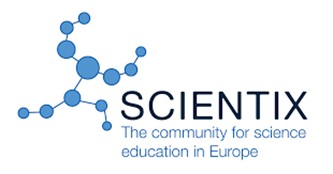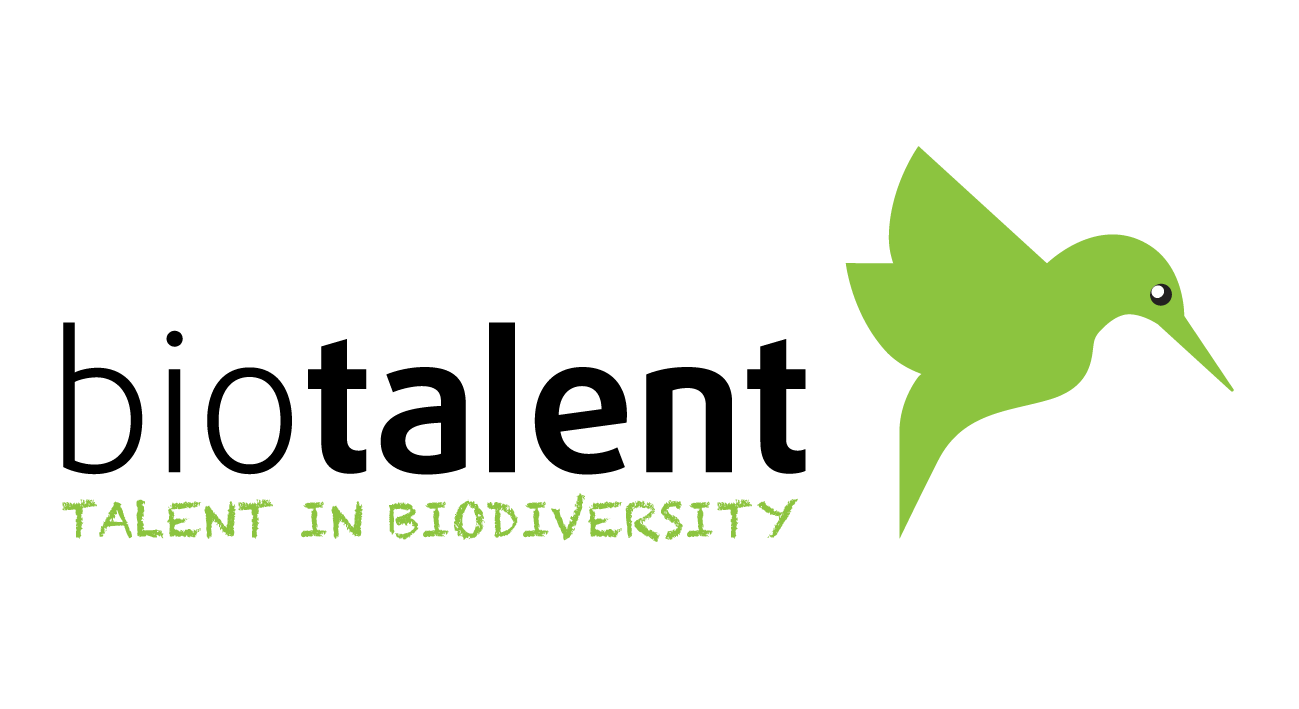 |
 |
 |
15th Science Projects Workshop in the Future Classroom Lab
Brussels, 23 – 25 June 2017
http://www.scientix.eu/spw15-at-fcl
Workshop BIOTALENT – Talent in Biodiversity
BIOTALENT Team
Workshop instructors: Carlos Rodrigues (EduFor), Tine Geunis (RBINS)
Project presentation: Isabella Van de Velde (RBINS)
The Moodle platform as a tool for inquiry based distance learning
This workshop follows on the introduction of the BIOTALENT project and the learning approach implemented in the course. It will explore the possibilities of the Moodle learning platform by using a BIOTALENT assignment that requires several tools in order to stimulate inquiry based learning and team work.
BIOTALENT assignment: hotspots and bananas
In this BIOTALENT assignment, students will further explore the scientific concept of hotspots. From the course, they know that hotspots are biologically rich and threatened areas. They have also learned that many of the threats posed to hotspots are human activities such as deforestation and farming. For this assignment, they will build on this knowledge and conduct their own research on the impact of agriculture on biodiversity.
You as tutors will have to add a number of basic foods to the Moodle platform. Suggested foods are: coffee, coconuts, sugar, and bananas.
Your learners will choose one of these basic foods and investigate in small groups whether the cultivation of this product has negatively impacted biodiversity within certain hotspots. If this is the case, they should try to identify at least 3 aspects of its cultivation that negatively impact biodiversity. These aspects may include deforestation to make room for cultivation, use of pesticides, monoculture, water use, pollution, etc.
The learners will research the above topic in small groups and prepare a presentation of their findings. Below, you will find a few suggestions for you to structure your assignment. The structure offered is based on the different phases used in Inquiry Based Learning.
Questioning Phase
In this phase, you are helping students define the problem question. Usually you will have to build some background before students can generate good questions. At this stage, it is helpful to the students for you to provide background information through articles, audio recordings, videos, web sites, photos, art, etc.
The Research Phase
In the Research phase, we recommend giving students some sources to help them find information. We recommend having students put away their notes and doing some free writing on their own of everything they learned at the end of a research session. This makes them synthesize information and cuts down on just copying notes off the Internet. Moodle Discussion Forums or Moodle Chat are great ways where this can be done. These types of tools create an authentic audience of the student’s peers.
Discussion Phase
As mentioned above discussion forums, chats, and blogs are ways to have students discuss their learning with one another. This helps students see a diversity of viewpoints.
Presentation
The “Workshop tool" allows students to see and review each other’s work.
